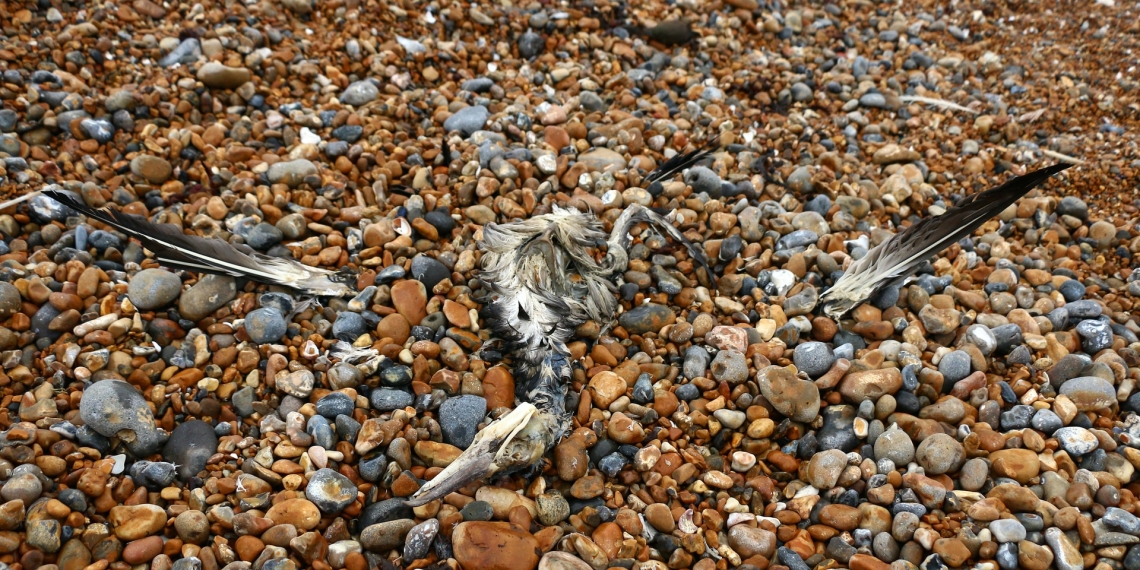Home to more than twenty-three species and two lakh birds, the Farne Islands are currently witnessing a deadly avian flu outbreak. The islands are under the care of the National Trust, which has reported the death of 3000 birds so far.
However, it is also assumed that the death toll may be ten times more than the reported number as some birds may have also fallen into the water bodies.
Talking about the outbreak of this virus, it originated somewhere in East Asia. It soon started affecting domestic flocks in the United Kingdom. However, the first case in wild birds was confirmed in June in Bass Rock.
It killed several northern gannets that were later seen on the coasts across Northumberland and Teesside beach.
The twenty-three species on the islands include puffins, common terns, and razorbills.
The dead birds that were found washed up were ringed, which included an Arctic tern that has covered over 144,000 miles throughout its life. Besides, the volunteers also found a 16 and 4-year-old kittiwake.

According to The Guardian, the disease has a low-risk factor for humans. However, it is extremely dangerous to birds and can be spread by both direct and indirect contact. Therefore, the islands have been closed to visitors for the past three weeks since it is also the peak breeding season.
The dead birds are being removed by the island rangers, who take a lot of precautions to curb the spread of the disease.
________________________________________________________________________________________________________________
Follow UKCorrespondent.com for more latest updates on everything happening in the United Kingdom. We cover news stories related to politics, science, and world affairs.




































